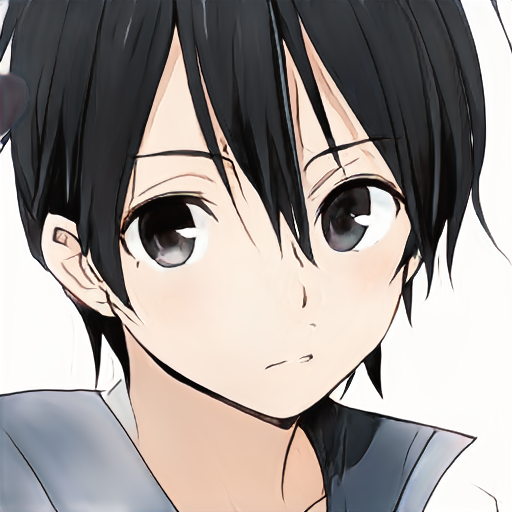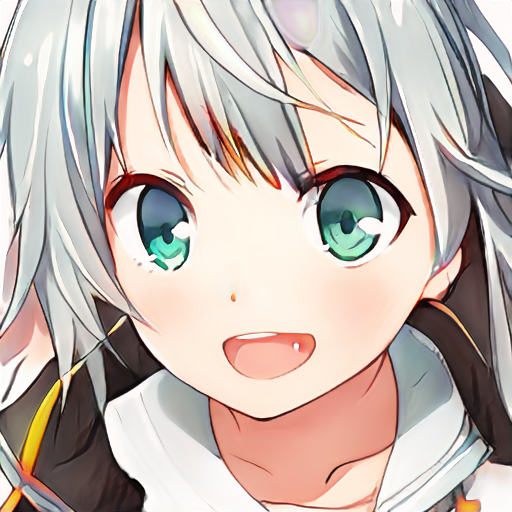日本の文化を紹介しよう!今回は日本の生活習慣編です。今回は日本で特徴的な生活習慣を英語でどう伝えるのかを紹介します。
1つの習慣を深掘りするのではなく4つの習慣を紹介します。
会話で使える各習慣のショート版とまとめてスピーチでつかえるロング版両方見ていきましょう!
日本の習慣を紹介できるようになりたい

留学することを考えて、日本の生活習慣を海外の人に説明できるようになりたいんだ!

留学したいんだね!
じゃあ日本で特徴的な習慣を紹介できるように練習しよう!

ありがとう!
今回は普段の会話でも説明できるのと、スピーチで紹介するための長い文章の両方練習したいな。

そうだね。じゃあ今回は別々に話す時とスピーチで続けて話す時どっちもやっていこう!
日本の習慣

じゃあまずは会話でも使えるくらいの文章を練習しよう!
いつでも説明できるようにして会話を広げるんだ。

会話で説明できるようにどんなふうに表現するかを紹介するね!
難しい表現もあるかもしれないけどしっかり覚えてね。
Taking off shoes before entering a house家に入る前に靴を脱ぐ
We always take off shoes before entering the house.
This is mainly to keep the floor clean.We usually leave our shoes at the entrance and wear slippers inside.
私たちは家に入る前に靴を脱ぎます。
主に床をきれいに保つためです。私たちはたいてい玄関で靴を脱いでスリッパを中で履きます。
The custom of taking off shoes in Japan is closely related to the traditional use of tatami mats, which are delicate and need to be kept clean because people sit and sleep directly on them.
この靴を脱ぐ習慣は畳の伝統的な使用と深く関係しています。
畳はデリケートで人々が直接座ったり寝たりするために清潔に保つ必要があります。
Bowing as a greeting挨拶でお辞儀をする
In Japan, we usually bow instead of shaking hands. Bowing is used in many situations, like when we say hello, thank you, or sorry. It’s also a way to show respect. The deeper and longer the bow, the more polite it is.
日本では、たいてい握手の代わりにお辞儀をします。お辞儀は挨拶や感謝、謝るときなど、いろいろな場面で使われます。敬意を表す意味もあります。お辞儀が深くて長いほど、より丁寧なんです。
Bathing culture湯船に浸かる文化
In Japan, taking a bath is not just for getting clean — it’s also for relaxing.We usually wash our body first before soaking in the bathtub.Many people take a bath at night to warm up and unwind before going to bed.Public baths, called “sento,” and hot springs, or “onsen,” are also a big part of our culture.
日本では、お風呂は体を洗うだけでなく、リラックスするためでもあります。
私たちは湯船に浸かる前に先に体を洗います。多くの人は夜、寝る前に体を温めてリラックスするためにお風呂に入ります。
「銭湯」や「温泉」と呼ばれる公共のお風呂も私たちの文化の大きな部分です。
Before eating, we say “Itadakimasu” After eating we say “Gochisousama”食べる前にいただきます。食べ終わった後にごちそうさまをいう
In Japan, we say “Itadakimasu” before eating and “Gochisousama” after finishing a meal.
“Itadakimasu” means “I humbly receive” and shows appreciation for the food, the people who prepared it, and everything that made the meal possible.
After eating, we say “Gochisousama,” which means “Thank you for the meal.”
It expresses gratitude to the cook and to everyone who contributed to the meal, including farmers and nature.
These phrases reflect the Japanese culture of respect and thankfulness for food and life.
日本では、食事の前に「いただきます」、食後に「ごちそうさま」と言います。
「いただきます」は「謹んでいただきます」という意味で、食べ物、料理を作ってくれた人、その食事に関わったすべてのものへの感謝を表します。
食後には「ごちそうさま」と言って、料理を作ってくれた人や食材、自然に対する感謝を伝えます。
これらの言葉は、食べ物や命への感謝を大切にする日本文化を表しています。
日本の習慣を紹介する〜まとめたversion〜

次はまとめたバージョンを紹介するね!
話す場所によってどっちを使うか選んでね!
まとめたバージョンと個別で紹介してるのを組み合わせて話せるようにするのもいいと思うよ!
Let me introduce some unique customs in daily life in Japan.
日本の日常生活にある、いくつかのユニークな習慣をご紹介します。
First of all, in Japan, people take off their shoes before entering a house.
This is to keep the inside clean. At the entrance, they often change into indoor slippers.
まず最初に、日本では家に入る前に靴を脱ぎます。
これは家の中を清潔に保つためです。玄関で室内用のスリッパに履き替えることがよくあります。
Bowing is also a common way of greeting. It can show respect, gratitude, or apology, depending on the situation. Instead of shaking hands, Japanese people usually bow when meeting someone.
また、お辞儀は一般的な挨拶の方法です。状況によって、敬意・感謝・謝罪の気持ちを表します。
日本では握手の代わりに、誰かと会うときにお辞儀をするのが普通です。
Another unique custom is taking a bath. Many people take a bath every day, not just to get clean but also to relax. Soaking in a hot bathtub at night is a daily habit for many Japanese.
もうひとつの特徴的な習慣は、お風呂に入ることです。多くの人が毎日お風呂に入りますが、体をきれいにするだけでなく、リラックスする目的もあります。
夜に熱いお風呂に浸かるのは、多くの日本人にとって日課となっています。
Finally, before eating, people say “Itadakimasu,” which means “I humbly receive.” After the meal, they say “Gochisousama,” which means “Thank you for the meal.” These phrases show appreciation for the food and the people who prepared it.
最後に、食事の前には「いただきます」と言います。これは「謹んでいただきます」という意味です。
食事のあとには「ごちそうさま」と言い、これは「食事をありがとう」という意味になります。
これらの言葉は、食べ物や料理をしてくれた人への感謝を表すものです。
These customs may be different from those in other countries, but they show the importance of respect, cleanliness, and harmony in Japanese life.
これらの習慣は他の国とは異なるかもしれませんが、日本の生活における敬意・清潔さ・調和の大切さを表しています。
まとめ

日本の習慣を紹介できるようになった気がするよ!
もっと深く聞かれた時のために調べて詳しくなっておくのもいいかもしれないね!

そうだね!今回紹介してのに自分でさらに加えてれば知識もついて一石二鳥だね!
これからもぜひ練習してみてね!
今回は4つの習慣を紹介しました。自分の国の習慣は聞かれることが多いと思います。今回紹介した習慣のショート版は日常会話で紹介するときに便利です。会話の中で日本を紹介するときの参考にしてみてください。他にも日本独特な習慣があると思いますのでまたの機会に紹介したいと思います。
『小さな積み重ねが大きな力に』
毎日のちょっとした学びの積み重ねが、きっと将来の大きな力になります!
焦らずコツコツ、応援しています!
今日の単語、フレーズ
| 英語フレーズ・単語 | 日本語の意味 | 補足・例文(あれば) |
|---|---|---|
| gratitude | 感謝の気持ち | Thank you with gratitude. |
| humbly receive | 謹んで受け取る | We say “Itadakimasu” to humbly receive food. |
| It’s mainly ~ | 主に~のためです | It’s mainly to keep the floor clean. |
| soak in a hot tub | 湯船に浸かる | I like to soak in a hot tub after work. |



コメント